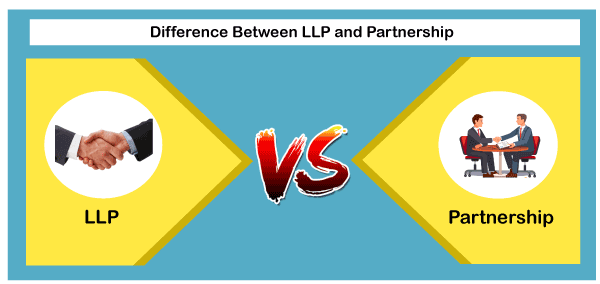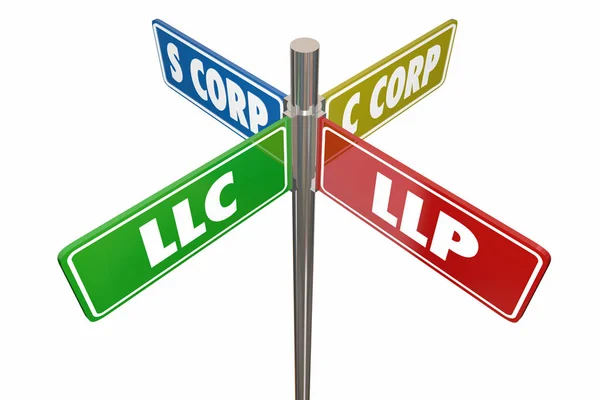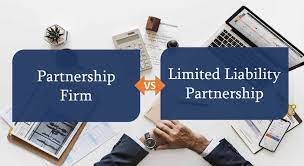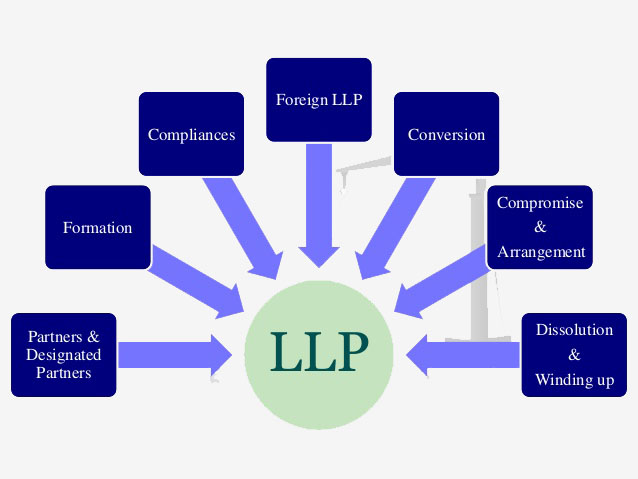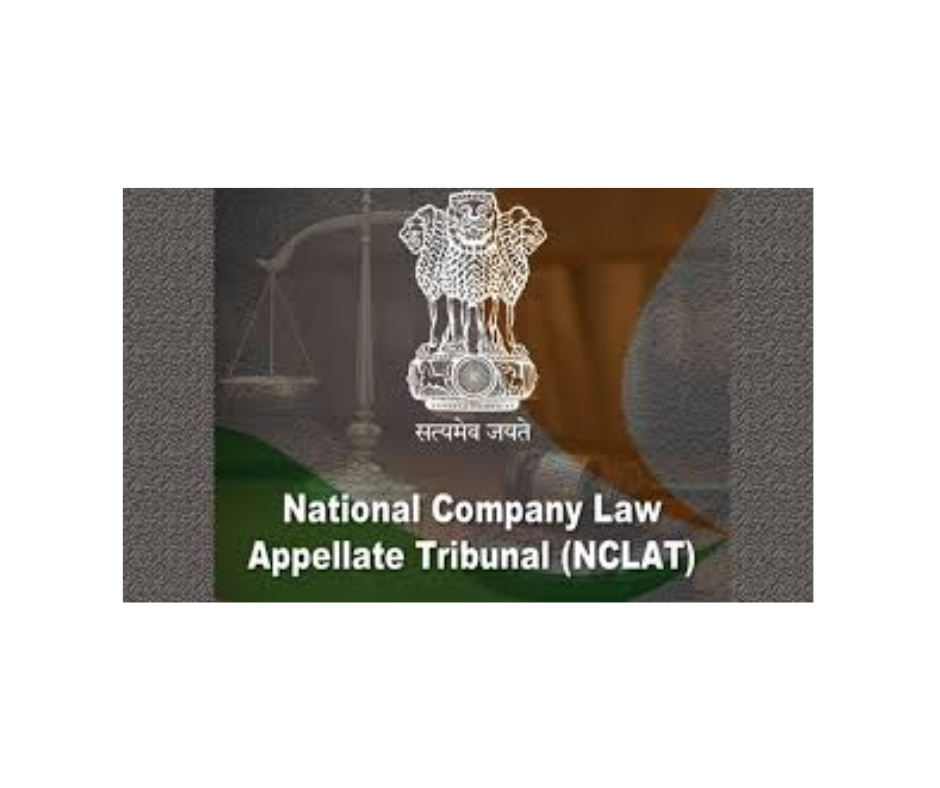Which is better LLP or Pvt Ltd?
User Intent Users searching for “LLP vs Pvt Ltd” are business owners, entrepreneurs, or investors looking for the best legal structure for their company. They seek clarity on the differences, benefits, and limitations of Limited Liability Partnerships (LLP) and Private Limited Companies (Pvt Ltd) to make an informed decision. Introduction Choosing the… Read More »
